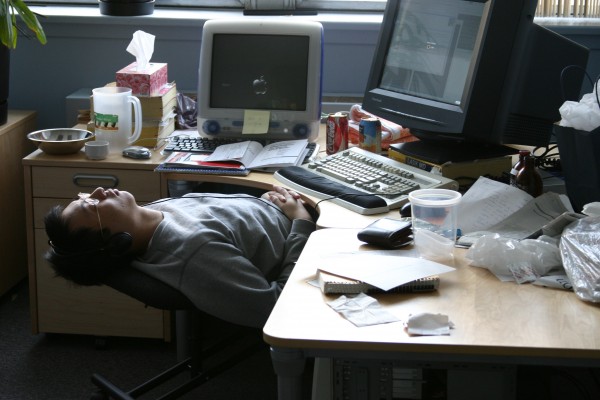
“Debbie, what’s going on, why the frustration?” Rebecca asked.
“The team doesn’t respond to my requests for updates. It seems like no response is the “new norm” around here.” And with a roll of the eyes, Debbie lamented, “How am I supposed to get my work done?”
What comes to mind when you think of the new norm in your work life and team?
The “new normal”
This phrase, new normal described conditions following the financial crisis of 2007 – 2008 and the 2008-2012 global recession. It suggests the abnormal has become normal.
In the workplace, the new normal describes a continued trend towards unproductive busyness. Think about it:
- How much margin do have in your day?
- How is today’s pace affecting your team?
- When do you have time to think?
Failure to create space to think hinders the top performance of individuals and teams. Likewise, too busy to connect with your team contributes to distrust, poor communication, lack of commitment, weak accountability, and results.
One outcome of unproductive busyness is chaos, which has become the new normal, producing average, unexceptional, unremarkable performance at best. Creating space to think and engage is necessary to change unproductive behavior and get results.
Unproductive busyness
In a Harvard Business Review article, Francesca Gino, and Bradley Staats identify two reasons people pursue busy even when it’s not productive:
- Aversion to idleness — have you ever known someone that will drive out of the way to avoid crawling through backed-up traffic — just to keep moving? In the workplace, people often choose to do things to stay busy. Active and productive are not the same thing.
- Bias toward action — faced with uncertainty or a challenge, people prefer to DO something, without proper examination.
When it comes to personal development “doing” can become a way to avoid the hard work of change. What if you avoid tough decisions or miss opportunities because of time? What if you’re so busy you fail to see the people as people and begin to think of them as the problem?
Studies find that people feel more productive DOING something rather than planning. What if a bias toward action pushes for action without clarity regarding the problem?
The power of disruption
To fight this temptation to conform to normal requires discipline. Creating space to think is the secret to positive change and achieving future success.
Transformation creates a new and improved version of you. Changed thinking leads to improved performance. Creating space to think is a frequent use of time, place, and resources to listen to truth in the Story. Busyness can be the ball and chain that slows your progress to next level leadership.
So, please join me in as we welcome “Disruption.” The intentional interruption of doing to think. Disruption means you engage the process of change to become your best self and live an exceptional life.
Without disruption, it’s easy to conform to normal. As the American philosopher, psychologist, and educational reformer John Dewey wrote: “We do not learn from experience … we learn from reflecting on experience.”
Yes, it’s easy…
- to do what others are doing
- to be busy but unproductive
- to act according to prevailing standards
- to conform to what is normal or settle for less than what’s possible
- to live an average life
- to accept chaos, distractions, exhaustion, and status quo
- to keep habits, behaviors, and thinking that holds you prisoner
“Few people attain great lives, in large part, because it’s so easy to settle for a good life.” – Jim Collins, Good to Great
Creating space to think
Debbie’s manager was determined; her team would not conform to the norm. She would not sit and listen to another grip session.
Rebecca wrote down three open-ended questions for Debbie to answer before the team meeting. She added communication to next week’s agenda.
So, what about your Story?
- How is “the pace of life” affecting you? Your work? Your team?
- How can you build some margin in your day?
- What drives your unproductive busyness the most?
- Aversion to idleness
- Bias toward action
- How will you create space to think?
Here’s to your created space,
Steve
Image credit: Simon Law
